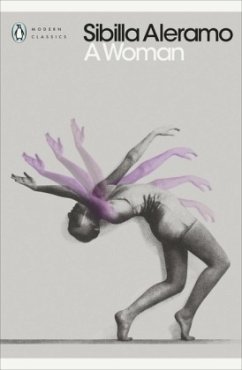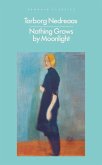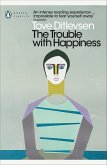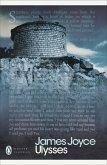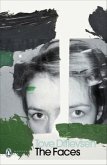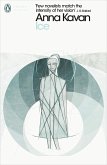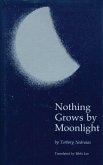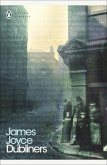'A groundbreaking, earthquaking vision, a story and a manifesto, and a literary performance so energetic it almost demands to be read aloud' Guardian
'To love, to sacrifice oneself, and to submit! Was this what all women were destined for?'
When her carefree, aspirational childhood in a seaside town is brought brutally to an end, the nameless narrator of Sibilla Aleramo's blazing autobiographical novel discovers the shocking reality of life for a woman in Italy at the dawn of the twentieth century. As she begins to recognize the similarities between her own predicament and the plight of her mother and the women around her, she becomes convinced that she must escape her fate. Unashamed and remarkably ahead of its time, A Woman is a landmark in European feminist writing.
'Aleramo was ahead of her time' Times Literary Supplement
Hinweis: Dieser Artikel kann nur an eine deutsche Lieferadresse ausgeliefert werden.
'To love, to sacrifice oneself, and to submit! Was this what all women were destined for?'
When her carefree, aspirational childhood in a seaside town is brought brutally to an end, the nameless narrator of Sibilla Aleramo's blazing autobiographical novel discovers the shocking reality of life for a woman in Italy at the dawn of the twentieth century. As she begins to recognize the similarities between her own predicament and the plight of her mother and the women around her, she becomes convinced that she must escape her fate. Unashamed and remarkably ahead of its time, A Woman is a landmark in European feminist writing.
'Aleramo was ahead of her time' Times Literary Supplement
Hinweis: Dieser Artikel kann nur an eine deutsche Lieferadresse ausgeliefert werden.

